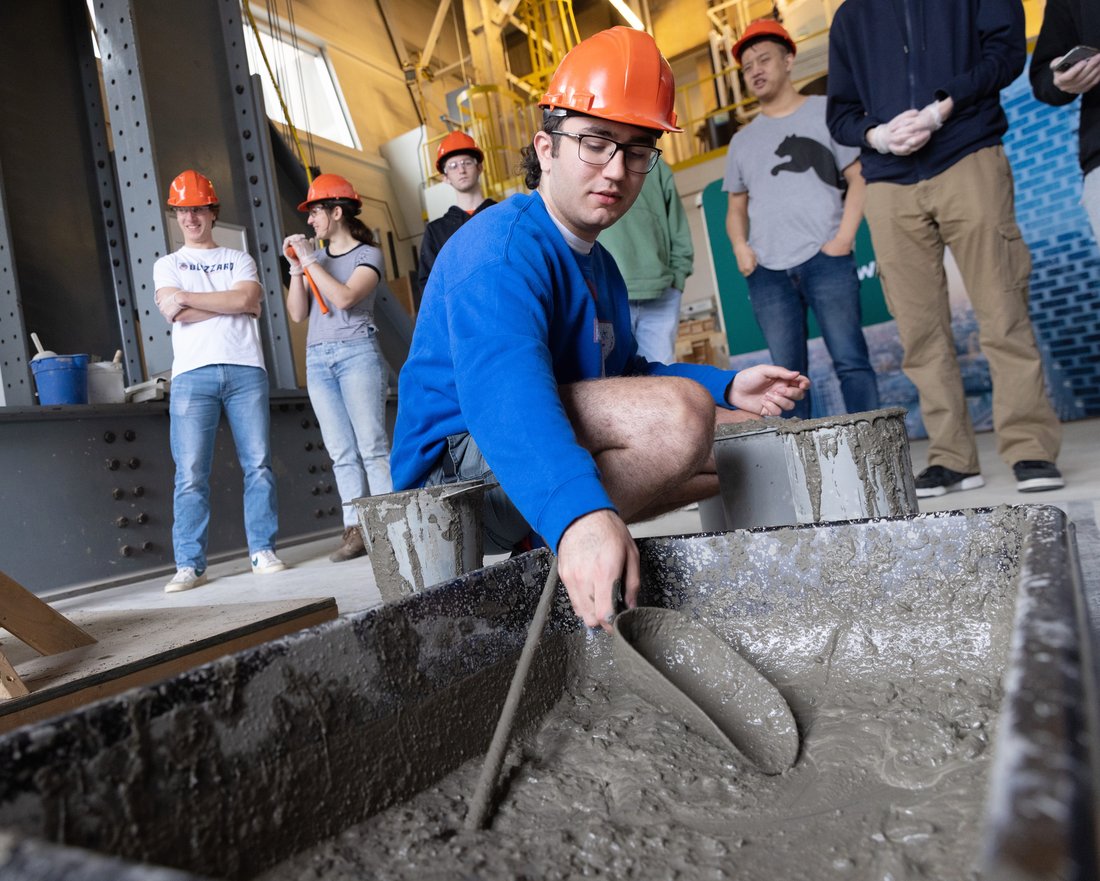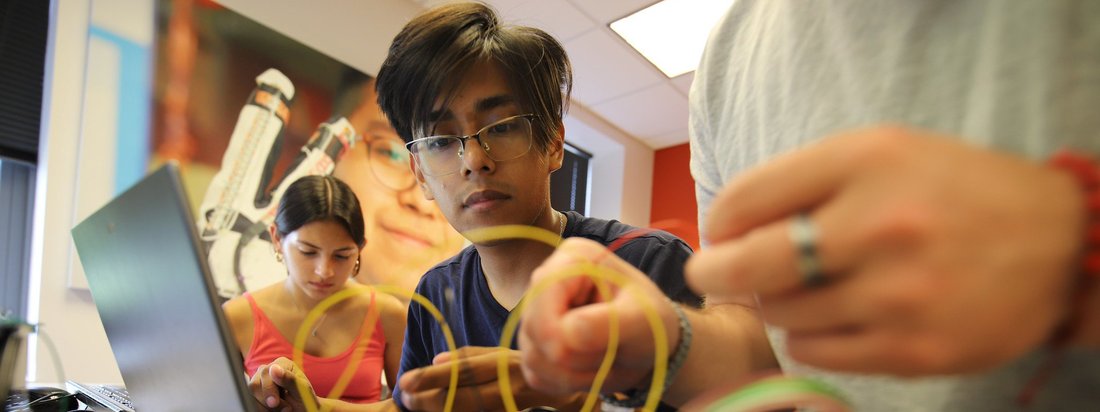
College of Engineering and Computer Science
Future engineers and computer scientists learn to create new knowledge and technologies through 9 undergraduate majors. Students have access to nationally regarded research centers, state-of-the-art lab spaces and challenging internships.
Curriculum
You’ll have opportunities to put theory and design methods into practice in well-appointed labs, using digital components, design simulators and microcontrollers. Professional competence, innovative thinking, integrity and leadership skills are all cornerstones of your educational experience in the College of Engineering and Computer Science.
Learn more about this program

